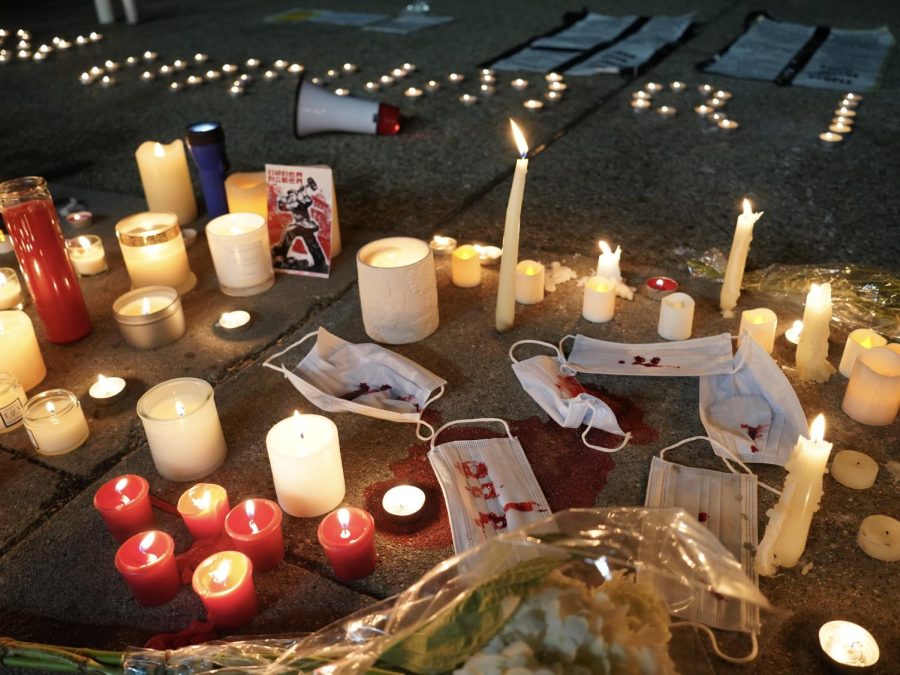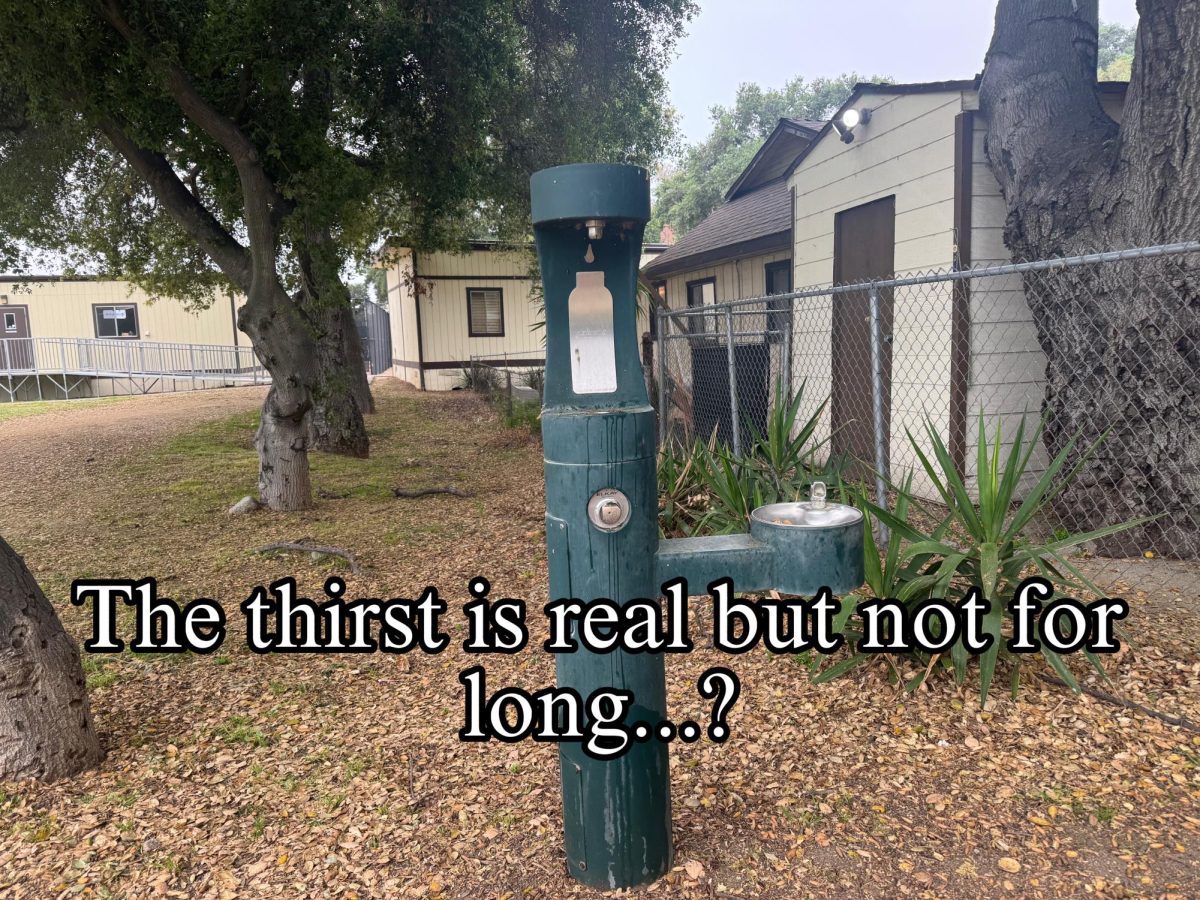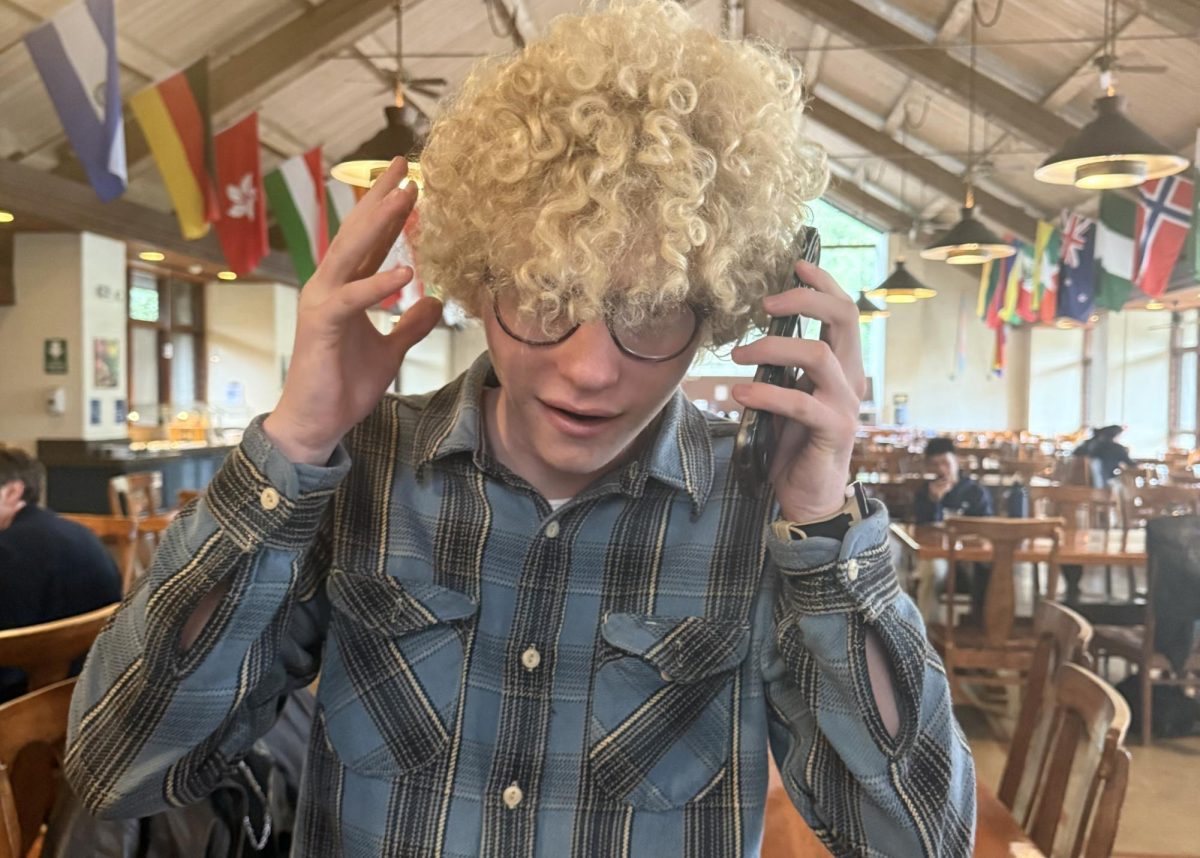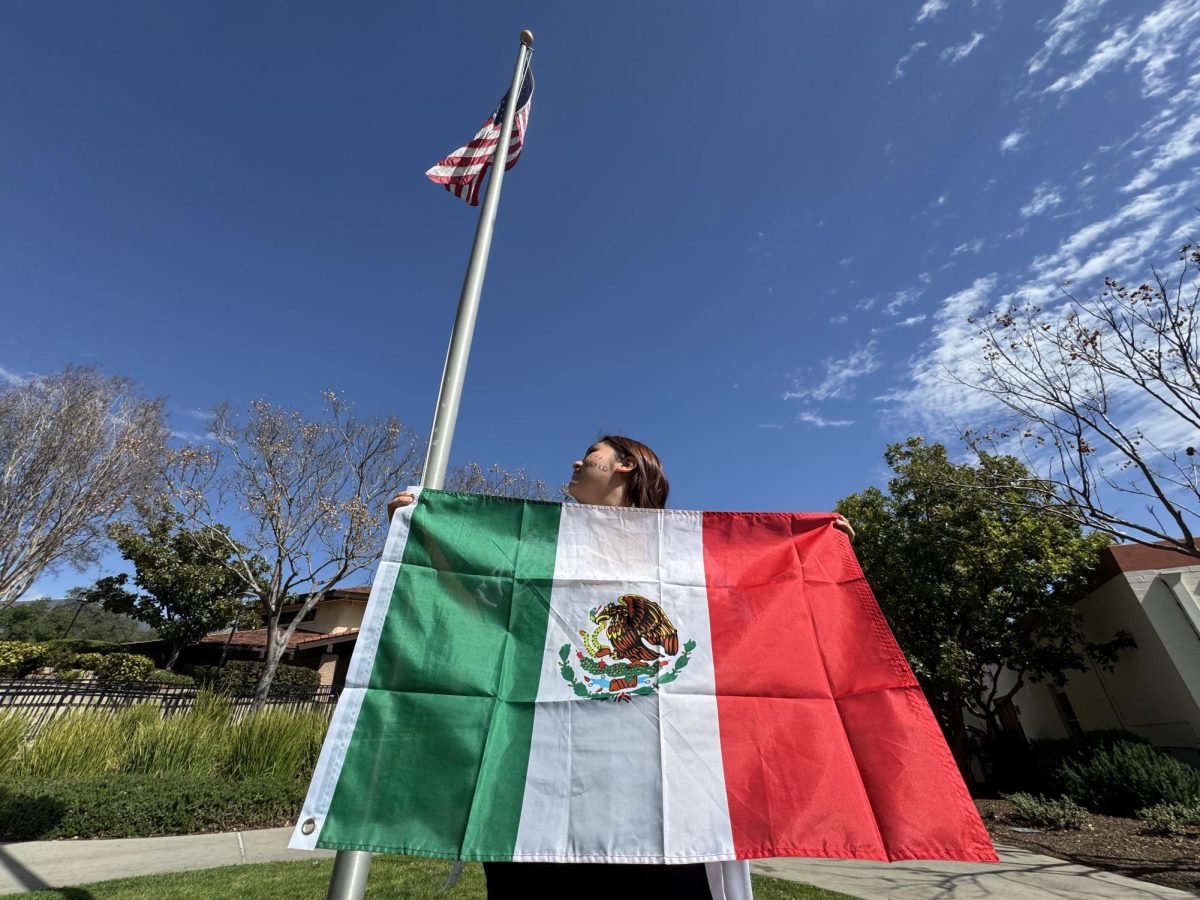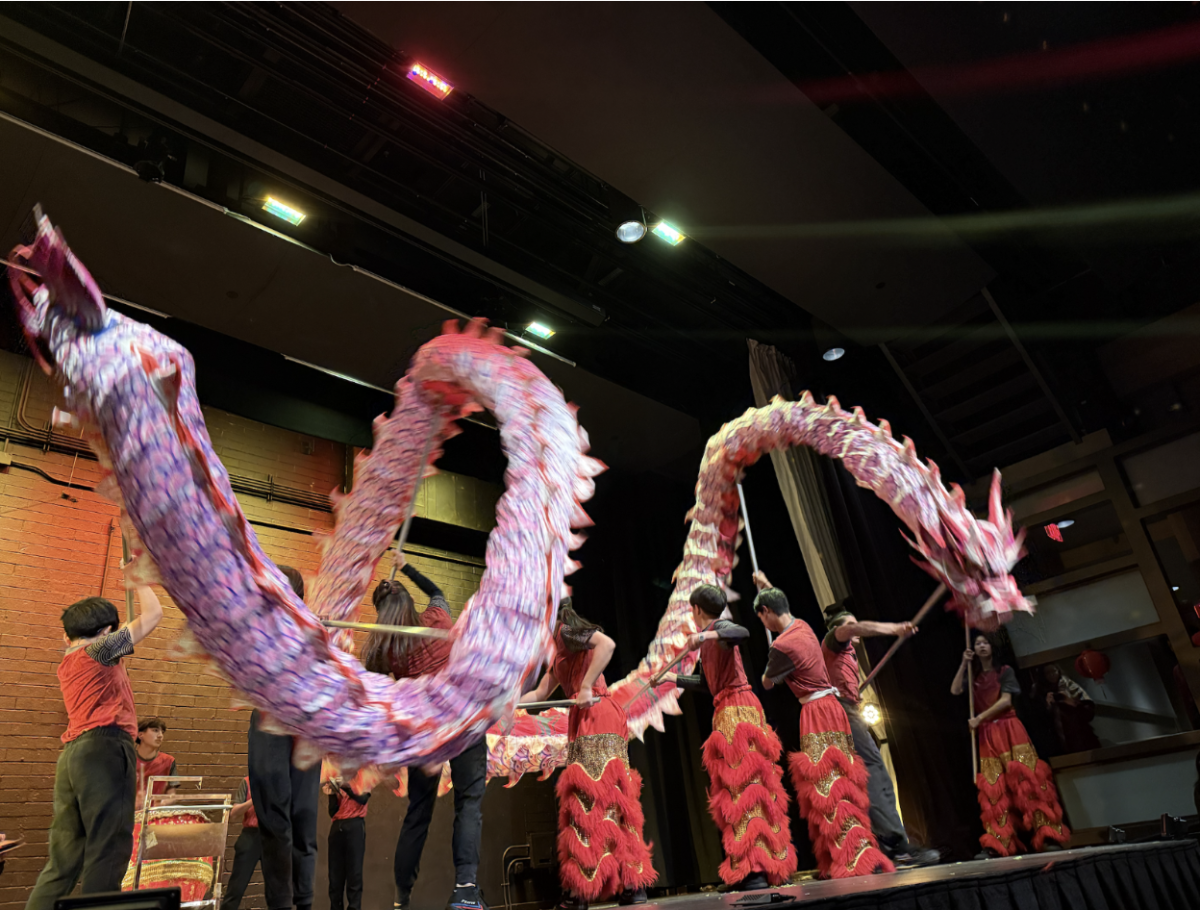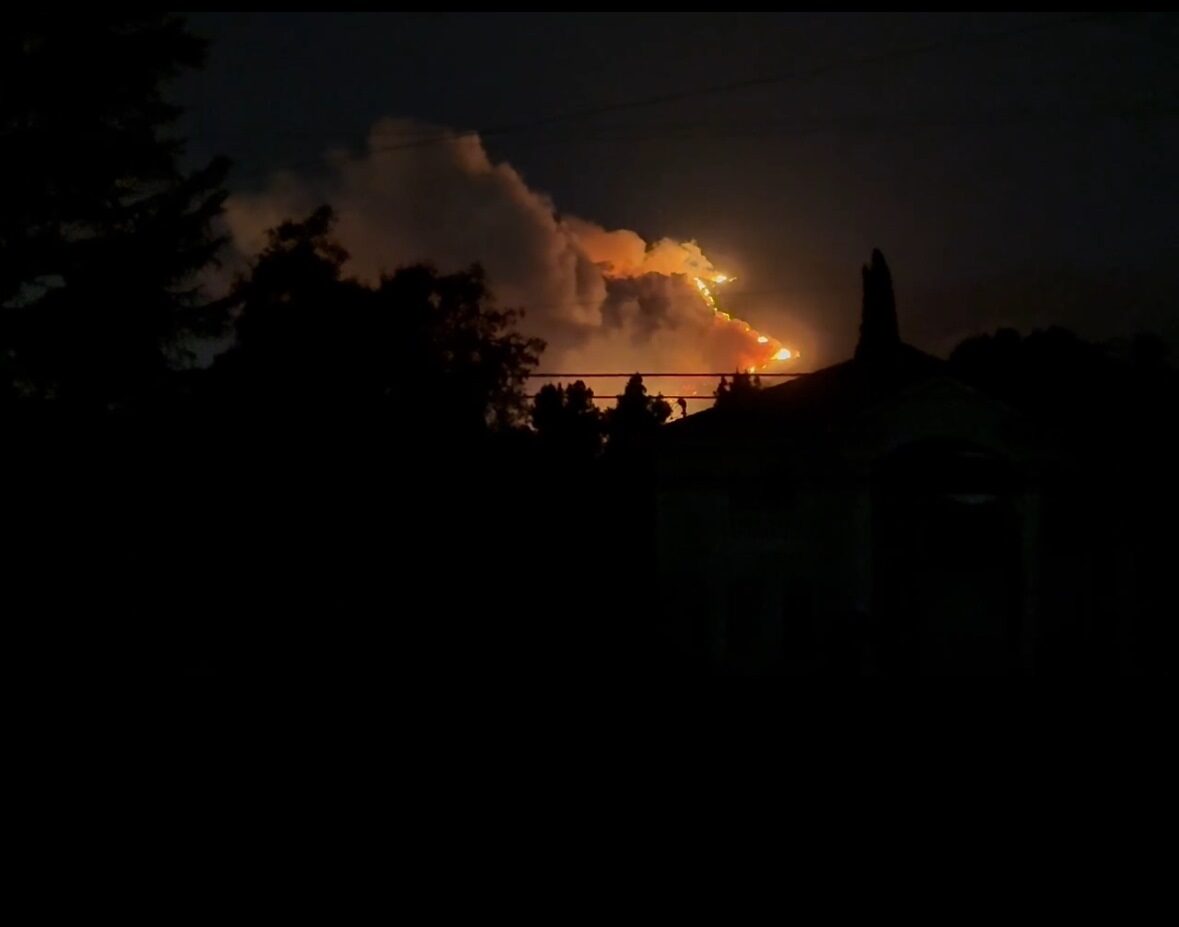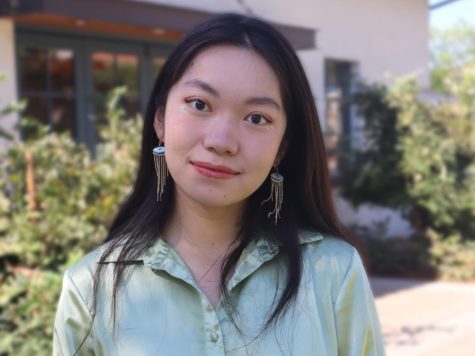“End the lockdown!” “Release political prisoners!” “Step down, CCP!” At the Chinese Consulate General in Los Angeles, protestors chanted these slogans in solidarity through bullhorns and their own voices.
The protestors lit up hundreds of candles that spelled: “11.24 URUMQI,” which mourn for the victims of a fire in Urumqi, Xinxiang. Lying next to the candles were a pile of posters and artworks supporting the exploited and oppressed under the Communist Party’s reign: Uyghurs, the Muslim minority put into “reeducation camps,” Hong Kong, where peaceful protests faced violent crackdown, and women, whose call to equality and protection are unanswered by the patriarchal government.
This oversea branch of the White Paper Protests, however, was not the real battle ground — in China, thousands of activists across cities occupied the streets with a blank sheet of paper, symbolizing resistance against the zero-covid policy and even the authoritarian rule of the Chinese Communist Party.
The White Paper Protests were sparked by the tragedy of the November 24th Urumqi high-rise fire, where 10 Uyghurs died as a result of Chinese officials’ blocking of the building in the name of covid-lockdown. The incident was the last straw in a series of events — including the Guizhou bus crash, Sitong Bridge protest, Foxconn strike, and Chained Woman — which inflamed civilian anger that had built up over the past three years of strict covid restrictions, economic decline, and publicized violence against women including assault and human trafficking.
As university students turned vigils and mass demonstrations into a sea of white paper against the police, they had established the new symbol of dissent. According to the original viral post that spread the movement, the blank piece of paper can “speak the unspeakable”—there is not a single word on my paper, but you already know my message, and the government knows to fear it.
The White Paper Protests, the biggest wave of protest since the 1989 Tiananmen Square protests, where the Chinese army shot down thousands of protesting students and workers, sparked excitement as well as apprehension among the Webb community. Many Chinese international students at Webb, who had planned to go back home, had to take the changing political scene into consideration amidst their already hectic winter break.
“When the protests started, my parents and grandparents hesitated to have me back, because they knew I might go to a protest or send something sensitive on the internet—they’re afraid that the internet police might capture me,” said Amy Wang (‘24) from Shenzhen, China. “While I understand their fear, I didn’t hesitate to go back. I am really proud of the Chinese citizens, because this is so rare in Chinese history that people have the courage to stand up for themselves. And we can see that the government is making changes — in my city, they don’t need to test for covid everyday now.”
By December 5th, 2022, the protests had indeed pushed the government to loosen covid restrictions, but substantial progress for civil liberties in China still seemed nowhere in sight. A post by a leading pro-democracy social media account articulated the four demands of the protests: to allow public vigils, to end zero-covid policies, to release imprisoned compatriots, and to ensure civil rights. Only the second demand had been received by the government.
“Resistance is bringing positive changes: even though Shanghai still has the strictest lockdown policy compared to other cities, I feel optimistic because other big cities like Guangzhou are not doing covid tests anymore,” said Joy Li (‘24), a native of Shanghai, the heart of the protests. “But the positive direction is only in terms of covid policies, not overall politics. A few days ago, when I searched the protests on the internet, I still saw poetry and support; now they’re all gone. The protest arrests were also easily covered up. It gives me a feeling that people easily forget. We didn’t uproot the problem.”
As the flames of the protests cooled down, students also contemplate the nature of the protests and its long-term significance in Chinese politics.
“The protest is quite significant since it’s able to unite different people in different classes — workers, students, even businesspeople whose lives are impacted by lockdown despite their usual support for the CCP,” said Stanley Jian (‘23), also a Shanghai native. “But I don’t see the protests going anywhere: If you look back at life before the lockdown, people felt no significant incentives to make any change, because their lives were livable.”
“There is also no good reason or plan for the protestors to overthrow the Communist Party, and this is a fear that’s justified historically given how much China has gone through before the establishment of the current government.”
The future of the White Paper Protests and whether Chinese people could reclaim their participation in politics remain unsure. But judging a social movement based on its immediate outcomes would diminish its potential power to embolden a generation. In that aspect, the White Paper Protests, a boisterous demonstration of free expression and most significant revival of civil power since 1989, have already made history.


